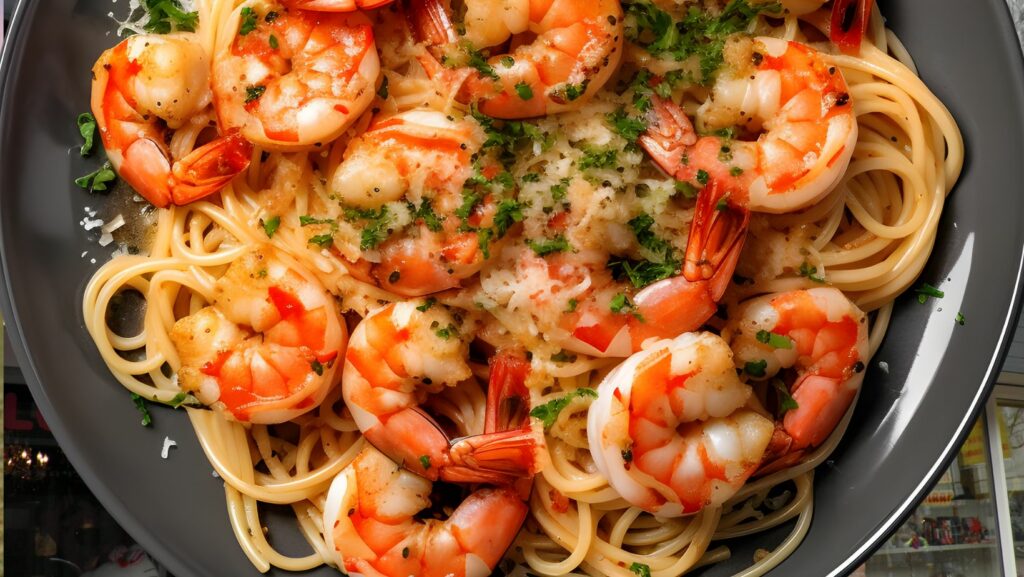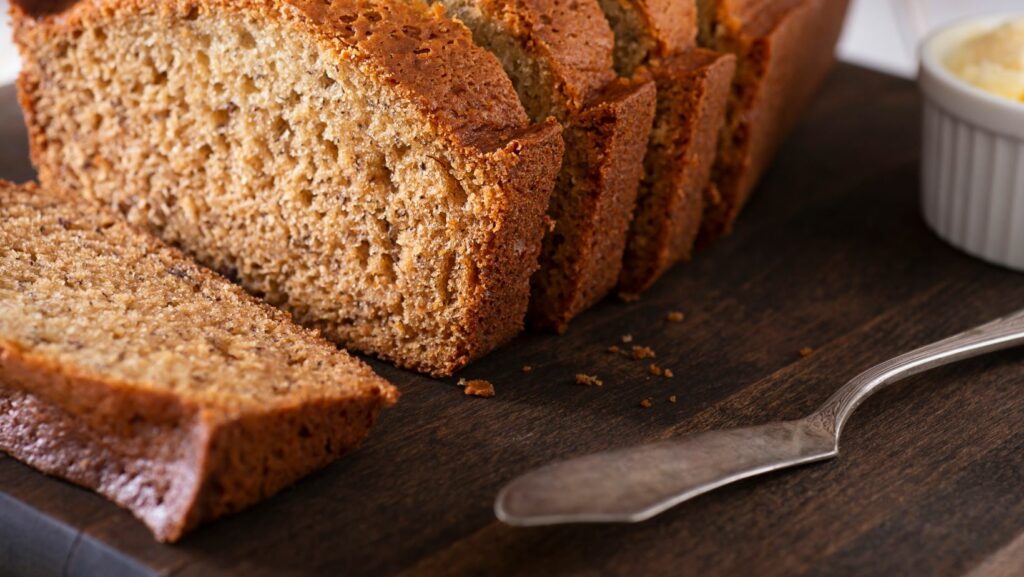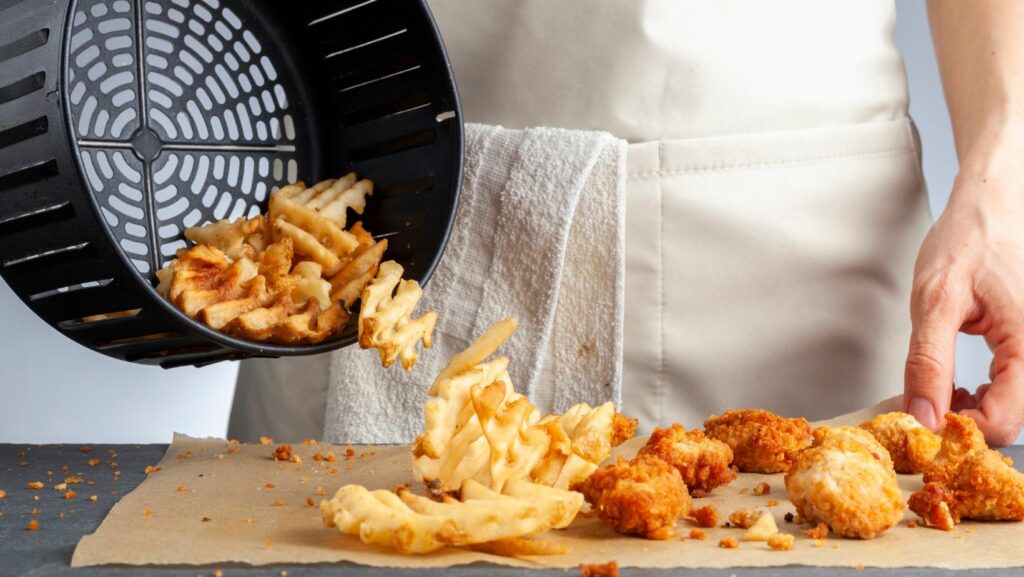In the hustle and bustle of daily life, it’s easy to fall prey to inflammation-inducing foods. But what if you could whip up a quick, delicious dinner that’s also anti-inflammatory? That’s right, it’s entirely possible, and this article will show you how.
From the goodness of omega-3 rich salmon—whether wild-caught or farmed (with wild-caught offering higher omega-3 content)—to the antioxidant power of colorful veggies, there’s a world of ingredients waiting to be explored. These recipes won’t just satiate your taste buds, but also help keep inflammation at bay. So, let’s dive into the world of quick anti-inflammatory dinner recipes that you can easily make at home.
Remember, it’s not just about eating right, it’s about eating smart. So, get ready to transform your dinner table into a healthy, inflammation-fighting powerhouse.
Quick Anti Inflammatory Dinner Recipe Food
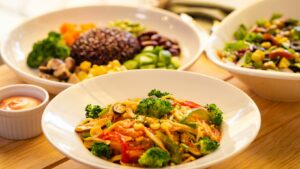 An anti-inflammatory diet, rich in certain foods, battles inflammation. This section delves deeper into the concept of inflammation and how diet influences this natural response.
An anti-inflammatory diet, rich in certain foods, battles inflammation. This section delves deeper into the concept of inflammation and how diet influences this natural response.
Inflammation, by nature, stands as a defense mechanism in which the body’s white blood cells shield us from harmful intruders such as bacteria and viruses. On certain occasions, it turns against the body’s own tissues, causing discomfort and various bodily malfunctions. Examples abound, with conditions such as arthritis, heart disease, and even cancer displaying signs of chronic inflammation.
Diet plays a pivotal role in controlling inflammation. Certain foods, rich in antioxidants and anti-inflammatory properties, like colorful fruits, leafy vegetables, and fish loaded with Omega-3 fatty acids, fight inflammation. On the other hand, processed foods, high in sugars and saturated fats, often cause inflammation. Hence, a balance in diet, leaning towards more anti-inflammatory food options, sets the tone for a healthy body free of inflammation.
Key Ingredients in Anti-Inflammatory Recipes
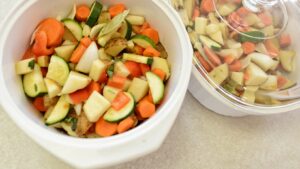 Turning to anti-inflammatory dinners starts with knowing the top-notch ingredients that stifle inflammation, contributing to a healthier body. Here’s a rundown of some potent, inflammation-busting spices, along with the most beneficial fruits and vegetables.
Turning to anti-inflammatory dinners starts with knowing the top-notch ingredients that stifle inflammation, contributing to a healthier body. Here’s a rundown of some potent, inflammation-busting spices, along with the most beneficial fruits and vegetables.
Incorporating certain spices into dinner recipes helps amp up the taste, all while doing wonders for inflammatory issues. Turmeric, renowned for its active ingredient curcumin, tops that list. Several studies show turmeric’s efficiency in reducing inflammation comparable to certain anti-inflammatory drugs without the side effects (1). Similarly, ginger, rich in gingerol, holds significant antioxidant and anti-inflammatory properties. It not only mitigates inflammation but also aids in digestion and reduces nausea.
Given the prevalence of inflammation-inducing foods, including spices like cinnamon, rosemary, and cloves in your diet can counteract the inflammation dramatically. Each of these spices packs a punch when it comes to anti-inflammatory compounds. For instance, cinnamon, containing cinnamaldehyde, has been found to reduce inflammation and have antioxidant effects.
Moving toward leafy greens and vibrant fruits can be a game-changer for those dealing with inflammation. Vegetables such as broccoli and spinach are recognized anti-inflammatory powerhouses. They’re loaded with antioxidants and provide critical vitamins like E and K which aid in the fight against inflammation.
Quick Anti-Inflammatory Dinner Recipes
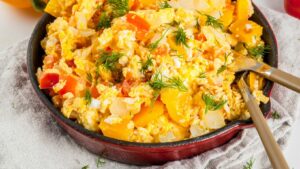 Achieving anti-inflammatory benefits through scrumptious and quick dinner recipes might seem challenging. Incorporating key ingredients rich in anti-inflammatory properties, however, makes it a win-win situation. Here are two quick dinner recipes to help enhance your fight against inflammation: “Easy Turmeric Chicken Stir-Fry” and “Ginger Salmon with Garlicky Greens”.
Achieving anti-inflammatory benefits through scrumptious and quick dinner recipes might seem challenging. Incorporating key ingredients rich in anti-inflammatory properties, however, makes it a win-win situation. Here are two quick dinner recipes to help enhance your fight against inflammation: “Easy Turmeric Chicken Stir-Fry” and “Ginger Salmon with Garlicky Greens”.
Turmeric, a powerful antioxidant and anti-inflammatory agent, shines in this quick dinner recipe. Combine diced chicken breasts, colorful bell peppers, red onions, and a sauce made from anti-inflammatory spices, primarily turmeric. Sauté the ingredients in a non-stick pan over medium heat until they’re cooked.
Berries, certain darker fruits like cherries, and oranges brim with antioxidants such as flavonoids, noted for their anti-inflammatory effects. All of these fruit varieties promote reduced inflammation and overall improved health. Similarly, incorporating fruits rich in vitamin C, like strawberries, aids in reducing inflammation. Pineapple, not to be overlooked, possesses bromelain, an enzyme that’s been linked to decreased inflammation and aid in digestion.
In closing, coupling an assortment of these spices, fruits, and vegetables into your dinner recipes can underscore your fight against inflammation. Remember, each ingredient doesn’t just bring a unique flavor; it brings a unique health benefit too.

